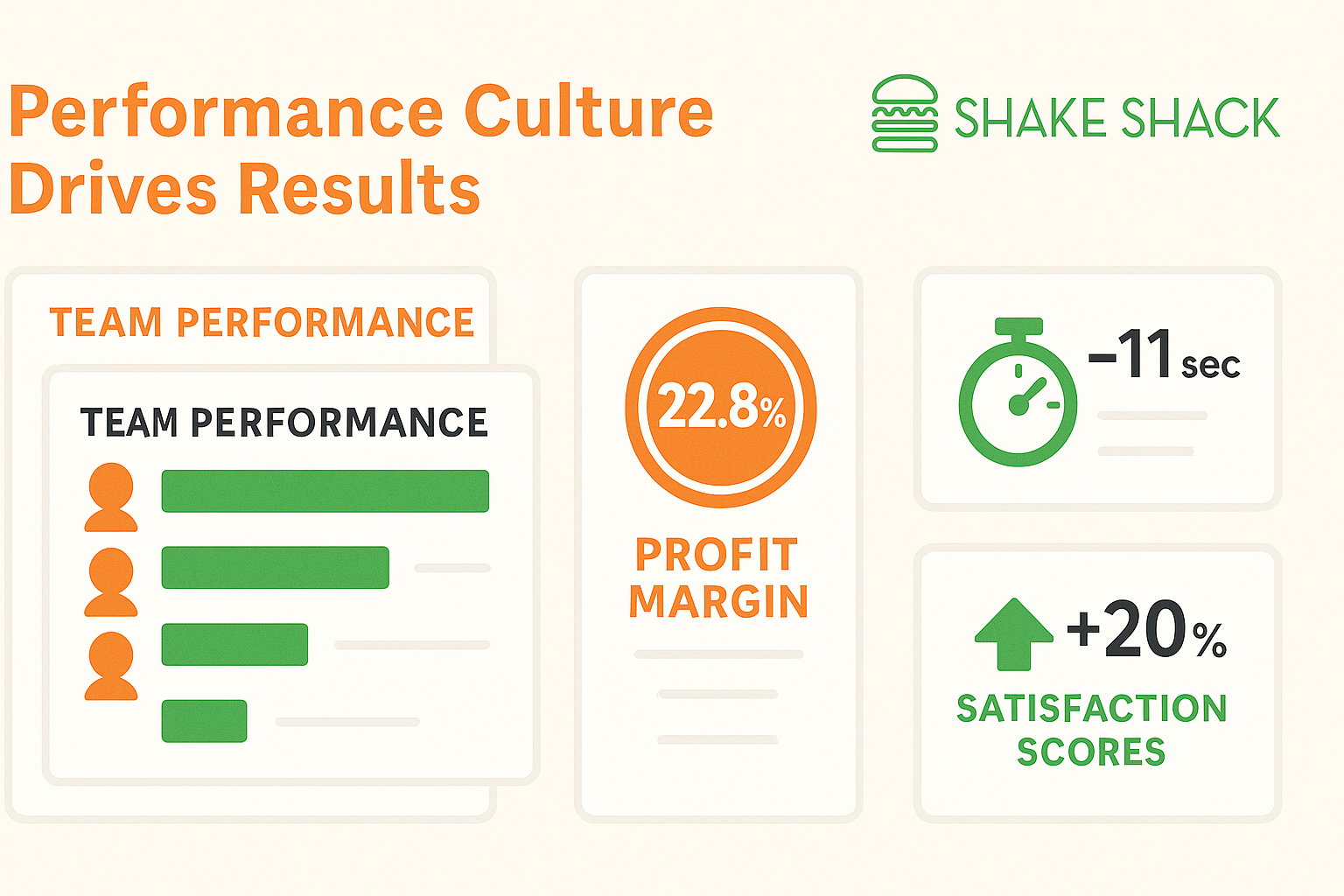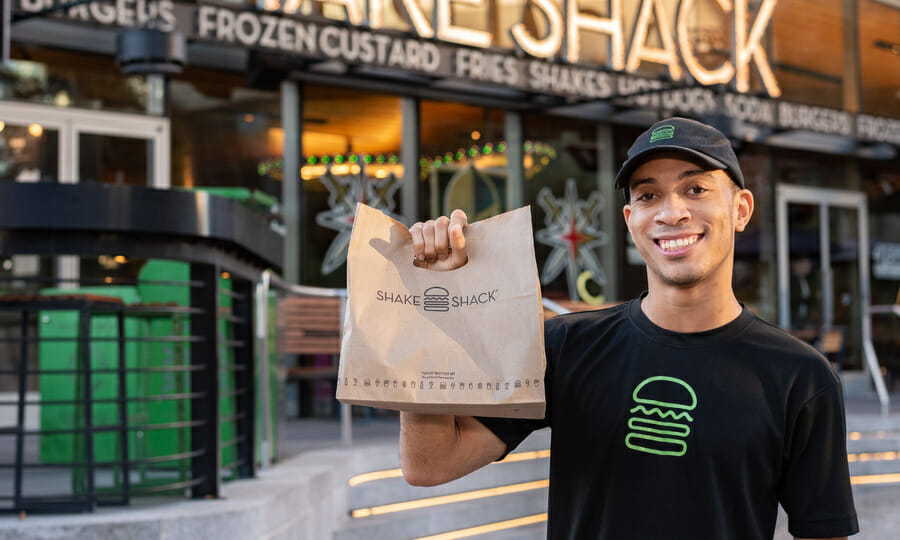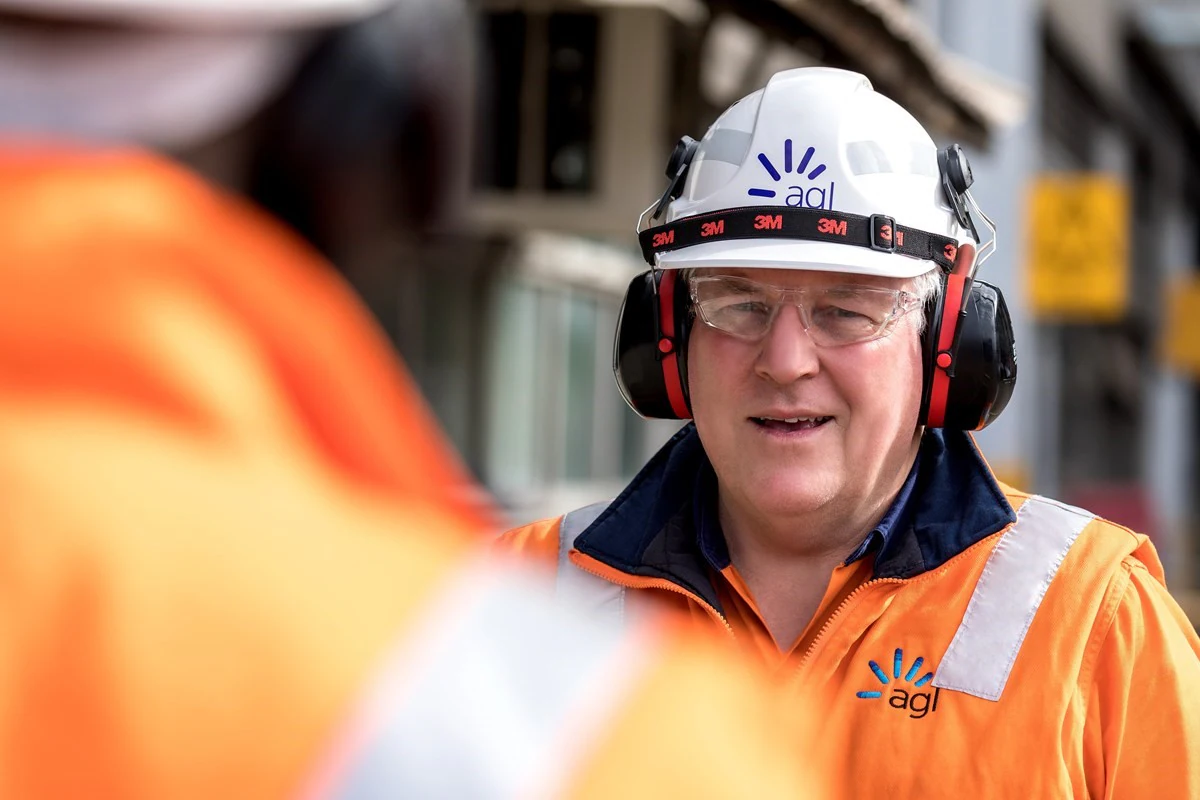Shake Shack's 90-Second Service Revolution: How Team Gamification Delivered 1-Minute Speed Gains
Building speed through team excellence and gamified recognition
Shake Shack achieved unprecedented service improvements through gamified team competitions, reducing average wait times by one full minute whilst maintaining quality standards and achieving record-breaking accuracy levels.


Under CEO Rob Lynch's leadership, Shake Shack transformed operational performance by making speed of service a key performance indicator in 2024. The company achieved a remarkable one-minute reduction in average wait times from approximately 7 minutes in 2023 to 5 minutes and 50 seconds by Q3 2025 - an unprecedented improvement where operators typically focus on shaving seconds, not entire minutes (Source: Customer Experience Dive, 2024; Fast Casual, 2024).
Shake Shack's approach centred on measuring what matters. The company implemented activity-based labour models and began tracking daily KPIs including speed of service, labour attainment, waste reduction, and order accuracy. Kitchen display systems tracked preparation times through colour-coded alerts that changed from green to yellow to red as orders aged, creating immediate visual feedback for teams (Source: QSR Magazine, 2024; Kitchen Display Systems, 2024).
The operational improvements weren't achieved through increased staffing but rather through smarter deployment. Shake Shack moved from sales-based labour scheduling to bespoke labour models tailored to each location's unique needs, resulting in fewer labour hours whilst simultaneously improving guest experience. This data-driven approach reduced operational inefficiencies whilst maintaining the company's hospitality standards (Source: Nation's Restaurant News, 2024).

Lynch emphasised creating a 'performance and accountability culture' where teams understand exactly what they're being measured against. The company established clear service standards and communicated specific goals for each daypart. Restaurant-level profit margins reached 22.8% in Q3 2025, an increase of 180 basis points year-over-year, demonstrating that operational excellence translates directly to financial performance (Source: Fast Casual, 2024).
Whilst specific internal team competitions aren't publicly documented, industry benchmarks show gamified restaurants operate 11 seconds faster on average after implementing leaderboard systems. Love's Travel Stops reported these gains using three 27-inch monitors tracking greet times, order processing times, and food handoff times (Source: QSR Web, 2020). Simple manual leaderboard systems can boost guest satisfaction by up to 20% within weeks without requiring cash prizes - the transparency of public performance data triggers ownership and stimulates healthy competition (Source: POS Sector, 2023).

Shake Shack's success demonstrates that clear, measurable goals create accountability and drive performance improvements. Real-time tracking enables immediate feedback, whilst recognition systems tap into intrinsic motivation. When employees can see their progress, compete with peers, and receive instant recognition for achievements, engagement and productivity increase substantially. The combination of operational metrics with gamified recognition creates a framework where excellence becomes the game employees want to win - aligning perfectly with bringing dopamine-driven rewards to the workplace.







.svg)